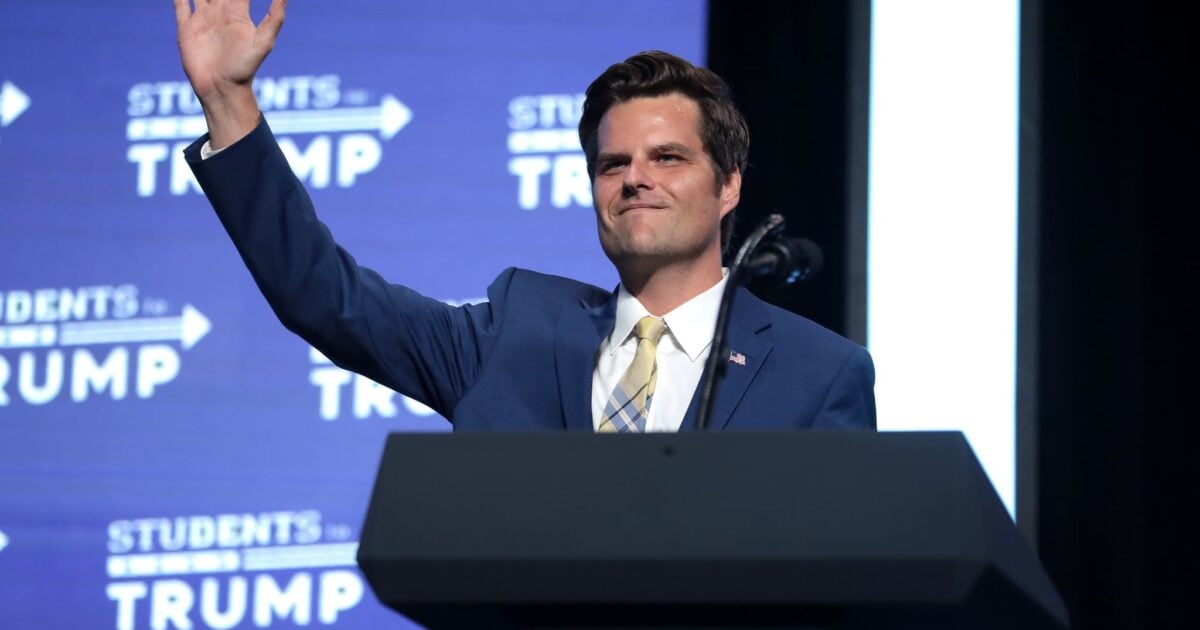Lithia’s ascendance as top retailer and Tesla’s rise to top luxury brand are tectonic, but entirely predictable events documented by Automotive News recently.
February 26, 2023 12:00 AM
Executive Editor of Automotive News
As long as it sometimes feels like I’ve been covering this fascinating auto industry, there are some things that have always been true, like the Ford F-Series being the top-selling nameplate in the U.S.
There have been some seismic shifts over the years — some stuck and some didn’t.
General Motors had seemed destined to always be the world’s largest automaker and the market-share leader in the U.S. But the Detroit automaker gave up the global crown as it headed into bankruptcy. With a more focused and disciplined approach to markets, it may never be No. 1 again — and is probably a better company for it.
Toyota Motor North America topped GM in U.S. sales in 2021, but GM came back in 2022. Toyota officially brushed off its win as a fluke, but CEO Akio Toyoda admitted to doing a “happy dance” over the news, and it isn’t impossible for Toyota to win the U.S. again — though I wouldn’t predict it.
You don’t always see those big changes coming. But sometimes you do, and you’re not alone: Everyone sees it.
A pair of such tectonic — but predictable — events were documented in these pages recently: The ascendance of Lithia as the nation’s top retailer and Tesla as the nation’s top luxury brand.
It may have been obvious that Lithia would become the nation’s largest, if not the world’s largest, auto dealership group when CEO Bryan DeBoer laid out plans to quadruple revenue to $50 billion and AutoNation didn’t counter with a similar plan.
Seeing it happen in the plan’s second calendar year wasn’t expected … at first. But by the time 2022 got rolling, it was clear that the company’s steady stream of acquisitions — and a few big deals, like buying Michigan’s Suburban Collection in 2021 — had made it No. 1. It led AutoNation in the first quarterthen the second. By November, we felt obligated to note that while Lithia ranked No. 2 on the most recent Automotive News list of the top 150 dealership groups based in the U.S., it was on track to be No. 1.
The game wasn’t over, though, until all of the public dealership groups had reported 2022 financial results, and of course it won’t really be officially official until it’s published atop Automotive News’ list of 2023’s Top 150 Dealership Groups operating in the U.S.
Lithia still has a long way to go: DeBoer said in Dallas last month that he’s looking to buy 100 to 150 stores over the next two to three years to complete the stated goals. That’s a store a week for two to three years.
Other big groups are getting bigger: Asbury and Group 1 have been assertive about seeking opportunities. But it’s hard to see anyone outgrowing Lithia — assuming it remains stable, profitable and supported by shareholders — for a long time.
Tesla winning the luxury market crown was a surprise to no one who accepts that Teslas are luxury cars by virtue of their price, their technology, the models they compete with, the incomes of their owners and improvements routinely delivered via over-the-air updates.
Tesla had been outselling BMW since late 2021, but it didn’t have time to catch the Bavarians. For 2022, it was no contest.
Most luxury brands, including BMW, saw fewer new-vehicle registrations last year. (We use registrations because Tesla doesn’t report U.S. sales: Waiting for full-year registration figures, which we get from Experian, gave us a clean apples-to-apples view of the luxury market, as well as the electric vehicle market.)
With its 5.3 percent decline in new-vehicle registrations last year, BMW came in below Tesla’s 2021 total.
But Tesla was not one of the declining brands. Its registrations rose by more than 40 percent as it ramped up production. Tesla’s registrations rose by 140,000 electric luxury vehicles — that increase was more than the totals of all but four brands.
Put another way, it grew by — and won by — more than Cadillac’s total for the year. (And Cadillac was one of the two other luxury brands to grow last year.)
Barring a profound shift in the definition of luxury — or some kind of epic collapse of the company — it’s hard to see anyone making and selling more expensive cars and crossovers until consumers stop buying autos for personal use.
Of course, it was hard to imagine CEO Elon Musk’s Tesla becoming a profitable company worth more than its established rivals.
That’s part of the wonder of this competitive, dynamic industry. You have to keep an eye on it, because whether the changes are widely forecast or a bolt out of the blue, it always tells you something interesting about how people work and live and get around.












